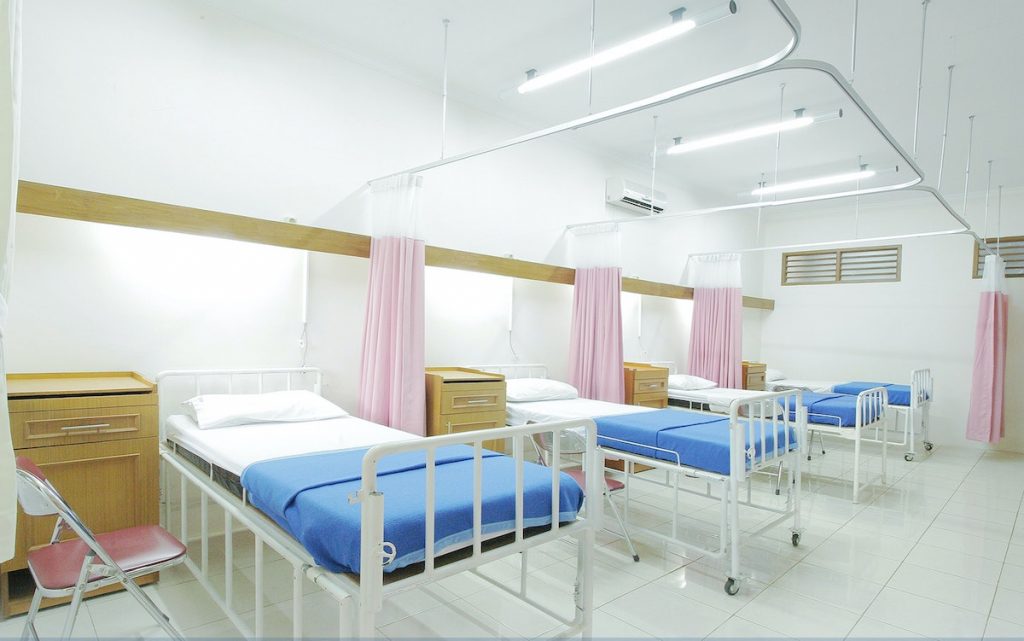Healthcare organizations that do not have a firm grip on their finances would not be able to provide the quality care services to their patients. Placing the right personnel to streamline the revenue cycle management can help with this issue.
The RCM process is quite challenging and arduous. It initiates the moment a patient visits a healthcare practice to seek medical care and ends with the complete collection of payments owed.
Moreover, it has a significant impact on the healthcare industry. There are various parts within this procedure that have a huge effect on the failure or success of a medical facility. It plays a vital role in how organizations can operate on a day-to-day basis.
Here is an explanation for what revenue cycle management is and why revenue cycle management is important to healthcare organizations?
Bridge Business to Healthcare Gap
Although a medical practitioner is primarily concerned with patient care, they still have to collect payments to stay financially afloat. It’s necessary to have business knowledge because a clinic or a hospital is still a business.
Some medical practitioners still have to participate in managing administrative tasks, like dealing with taxes, spreadsheets and revenue collections, among others; some may need to oversee the medical care management efficiently.
With these burdensome responsibilities, almost half of all medical professionals no wonder experience burnout. Thereby, a fully fleshed-out revenue cycle management needs to exist to avoid the scenario where the practitioner considers quitting.
Boost and Track Billing Cycles

Statistics show that it costs double to collect from a patient as it does from an insurance carrier. There are chances that your patients owe some sort of payment after the appointment. Although, collecting from clients what they own is one of the hardest yet last steps in the healthcare RCM.
It does not mean that patients’ collections are a lost cause.
Streamlined RCM solutions will provide your medical facility a payment gateway. This gateway provides an electronic, virtual, secure place for your clients to pay you directly and check their balances excellently.
In this way, your patients can pay their bills online. This helps you enhance the patient’s satisfaction and patient engagement, alleviating your worries over billing concerns.
Ease the Administrative Tasks
The innovative solutions automate administrative tasks. This is one of the most obvious reasons revenue cycle management is significant in the healthcare industry.
The leading RCM specialists are so successful because they give you access to the advanced systems that help you communicate with patients during every phase and also assists them on the claim side too.
When a patient is not feeling well the first thing they do is contact their doctor for scheduling an appointment. When a patient visits, the front-end staff takes the necessary information, such as demographic or financial information along with the insurance information. They enter data into the RCM systems and forward it to the back-end office administrative staff.
Taking professional support from efficient billing experts eliminates the need of handling manual processes, automating the prior authorization and eligibility tasks. Therefore, they reduce your administrative burden and save your time, allowing you to focus on the core competencies of your healthcare facility.
Simplify Claim Processing & Submission

Collecting patient’s payments and communicating with them is not easy. It is the hardest part of the whole procedure.
You must have the required industry know-how, determination and patience to communicate with the insurance companies. You must think that insurance agencies want to actively work with the physicians as they both have mutual objectives to achieve. But the reality is different.
The whole process becomes hard when the payer puts due dates on the outstanding claim’s lifetime. When handling a few claims, these deadlines are not a big deal. However, it starts to get much more difficult when each patient uses a different payer and every one of them has their individual deadlines.
In addition to this, there is a chance of medical claims containing errors that can lead to denials ultimately. The responsibility to fix the rejected claim falls on the healthcare organization that processes it.
So practitioners must stay aware of the new regulations and payer policies to lower that rate of costly mistakes. At this point, a lot of money is left on the table; nearly 65 percent of all the denials never worked. Practices must have the advanced expertise to edit or resubmit denials, so they can get the required payments for the rendered services.
Efficient RCM experts provide an all-in-one place to work through the denial management, claim processing and scrubbing the process for making it easier for physicians to get paid faster.
Provide Benchmarks & Financial Reporting
Dedicated billing professional teams provide the best revenue cycle management solutions. These solutions help you to create customized reports. These reports provide valuable insights into the progress of your healthcare business.
These solutions must be tailored to align with your healthcare organization because a lot of ambiguities exist throughout the RCM processes.
You become able to see where you were before putting attention to your RCM. Running monthly, weekly, daily reports help you identify how much your business has grown and which parts of your billing procedure need more improvement.
Wind Up
The billing processes will take a lot of your time without an experienced revenue cycle management expert. You can’t ignore the significance of the billing cycle if you are a medical practitioner who owns a practice. This is the side of medical care that helps you get reimbursed and maintain the financial stability of your business remarkably.
Advanced medical billing solutions are vital to shore up the financial health of healthcare facilities. This makes them more resilient to potential future obstructions and disruptions that could affect the industry.




